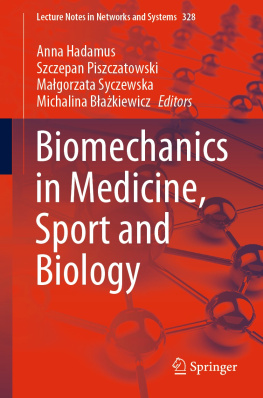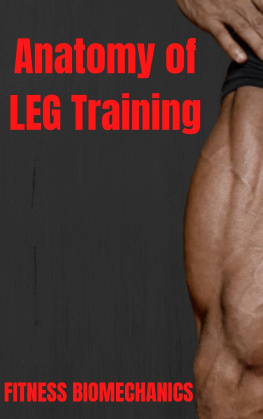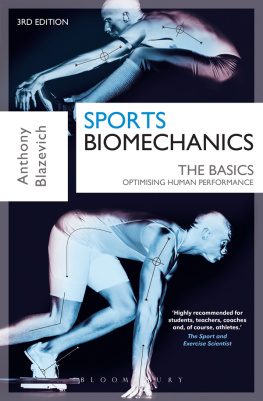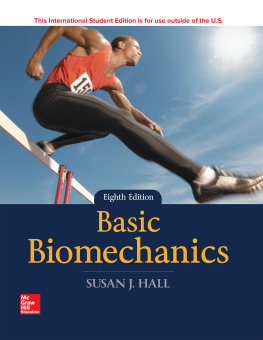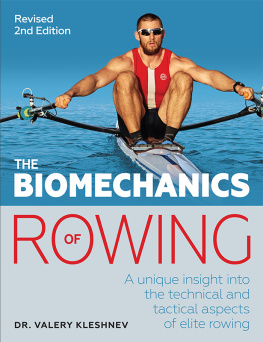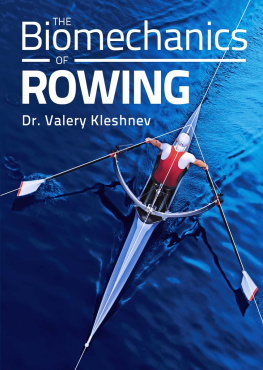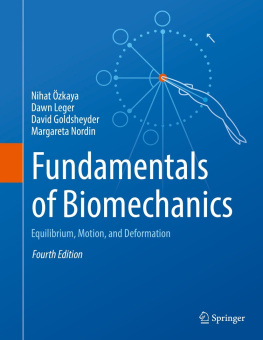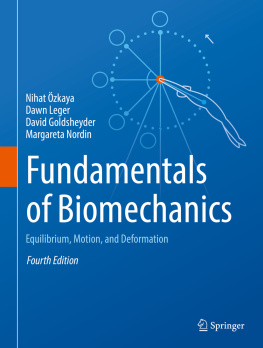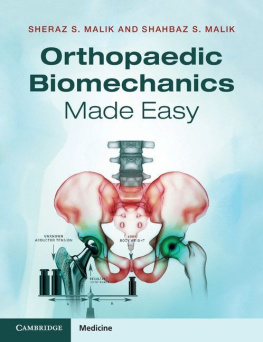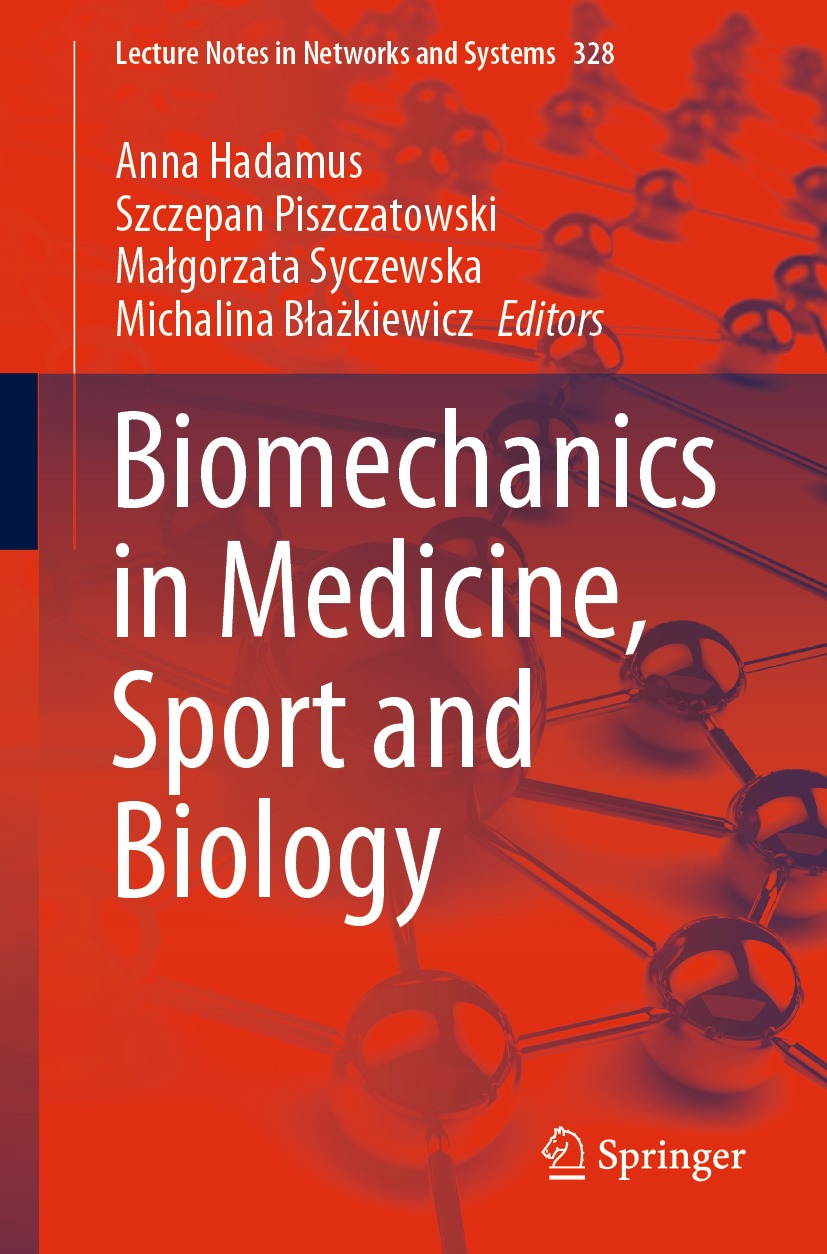Volume 328
Lecture Notes in Networks and Systems
Series Editor
Janusz Kacprzyk
Systems Research Institute, Polish Academy of Sciences, Warsaw, Poland
Advisory Editors
Fernando Gomide
Department of Computer Engineering and AutomationDCA, School of Electrical and Computer EngineeringFEEC, University of CampinasUNICAMP, So Paulo, Brazil
Okyay Kaynak
Department of Electrical and Electronic Engineering, Bogazici University, Istanbul, Turkey
Derong Liu
Department of Electrical and Computer Engineering, University of Illinois at Chicago, Chicago, USA, Institute of Automation, Chinese Academy of Sciences, Beijing, China
Witold Pedrycz
Department of Electrical and Computer Engineering, University of Alberta, Alberta, Canada, Systems Research Institute, Polish Academy of Sciences, Warsaw, Poland
Marios M. Polycarpou
Department of Electrical and Computer Engineering, KIOS Research Center for Intelligent Systems and Networks, University of Cyprus, Nicosia, Cyprus
Imre J. Rudas
buda University, Budapest, Hungary
Jun Wang
Department of Computer Science, City University of Hong Kong, Kowloon, Hong Kong
The series Lecture Notes in Networks and Systems publishes the latest developments in Networks and Systemsquickly, informally and with high quality. Original research reported in proceedings and post-proceedings represents the core of LNNS.
Volumes published in LNNS embrace all aspects and subfields of, as well as new challenges in, Networks and Systems.
The series contains proceedings and edited volumes in systems and networks, spanning the areas of Cyber-Physical Systems, Autonomous Systems, Sensor Networks, Control Systems, Energy Systems, Automotive Systems, Biological Systems, Vehicular Networking and Connected Vehicles, Aerospace Systems, Automation, Manufacturing, Smart Grids, Nonlinear Systems, Power Systems, Robotics, Social Systems, Economic Systems and other. Of particular value to both the contributors and the readership are the short publication timeframe and the world-wide distribution and exposure which enable both a wide and rapid dissemination of research output.
The series covers the theory, applications, and perspectives on the state of the art and future developments relevant to systems and networks, decision making, control, complex processes and related areas, as embedded in the fields of interdisciplinary and applied sciences, engineering, computer science, physics, economics, social, and life sciences, as well as the paradigms and methodologies behind them.
Indexed by SCOPUS, INSPEC, WTI Frankfurt eG, zbMATH, SCImago.
All books published in the series are submitted for consideration in Web of Science.
More information about this series at http://www.springer.com/series/15179
Editors
Anna Hadamus , Szczepan Piszczatowski , Magorzata Syczewska and Michalina Bakiewicz
Biomechanics in Medicine, Sport and Biology
1st ed. 2022

Logo of the publisher
Editors
Anna Hadamus
Department of Rehabilitation, Faculty of Medical Sciences, Medical University of Warsaw, Warsaw, Poland
Szczepan Piszczatowski
Faculty of Mechanical Engineering, Department of Biocybernetics and Biomedical Engineering, Bialystok University of Technology, Biaystok, Poland
Magorzata Syczewska
Department of Rehabilitation, The Childrens Memorial Health Institute, Warsaw, Poland
Michalina Bakiewicz
Department of Rehabilitiation, Jzef Pisudski University of Physical Education, Warsaw, Poland
ISSN 2367-3370 e-ISSN 2367-3389
Lecture Notes in Networks and Systems
ISBN 978-3-030-86296-1 e-ISBN 978-3-030-86297-8
https://doi.org/10.1007/978-3-030-86297-8
The Editor(s) (if applicable) and The Author(s), under exclusive license to Springer Nature Switzerland AG 2022
This work is subject to copyright. All rights are solely and exclusively licensed by the Publisher, whether the whole or part of the material is concerned, specifically the rights of translation, reprinting, reuse of illustrations, recitation, broadcasting, reproduction on microfilms or in any other physical way, and transmission or information storage and retrieval, electronic adaptation, computer software, or by similar or dissimilar methodology now known or hereafter developed.
The use of general descriptive names, registered names, trademarks, service marks, etc. in this publication does not imply, even in the absence of a specific statement, that such names are exempt from the relevant protective laws and regulations and therefore free for general use.
The publisher, the authors and the editors are safe to assume that the advice and information in this book are believed to be true and accurate at the date of publication. Neither the publisher nor the authors or the editors give a warranty, expressed or implied, with respect to the material contained herein or for any errors or omissions that may have been made. The publisher remains neutral with regard to jurisdictional claims in published maps and institutional affiliations.
This Springer imprint is published by the registered company Springer Nature Switzerland AG
The registered company address is: Gewerbestrasse 11, 6330 Cham, Switzerland
Preface
This book contains 14 chapters which are full papers of selected presentations from the International Conference of Polish Society of Biomechanics (BIOMECHANICS 2020). This conference takes place in 2021, as the global pandemic outburst of SARS-COV-2 in December 2019 made the (planned) organization of the conference in September 2020 impossible. One year later, in September 2021, the traditional meeting in conference halls, face-to-face with invited lecturers, colleagues from various institutions and countries, representatives of commercial partners, is still impossible. Therefore, the meeting is in an online format. Of course, this is not a perfect solution, but the best we can offer. Long breaks in meetings and conferences are not beneficial for the scientific community, as the interchange of ideas, discussions, and critical comments push the research work forward. That was the reason behind the decision to organize the meeting this year now in the new virtual world.
The restrictions related to SARS-COV-2 have influenced and continue to affect daily life but also the research. In many institutions, experimental research had to be suspended due to the closure of laboratories. It was not possible to invite subjects and patients to participate in research projects. In many universities, distance learning took teachers/researchers longer time than traditional learning. The researcher therefore had less time for scientific development. In some places, a big problem is the lack of funding due to pandemic time. Despite all these problems, the organizing committee of BIOMECHANICS 2020 received many interesting abstracts from various fields of biomechanics: sports biomechanics, clinical movement analysis, biomaterials, bioengineering, and many others. This book offers 14 full-length papers from different parts of modern biomechanics, which we hope can be of interest not only for the scientists but also for the students. We hope that the book will inspire you for further research.

